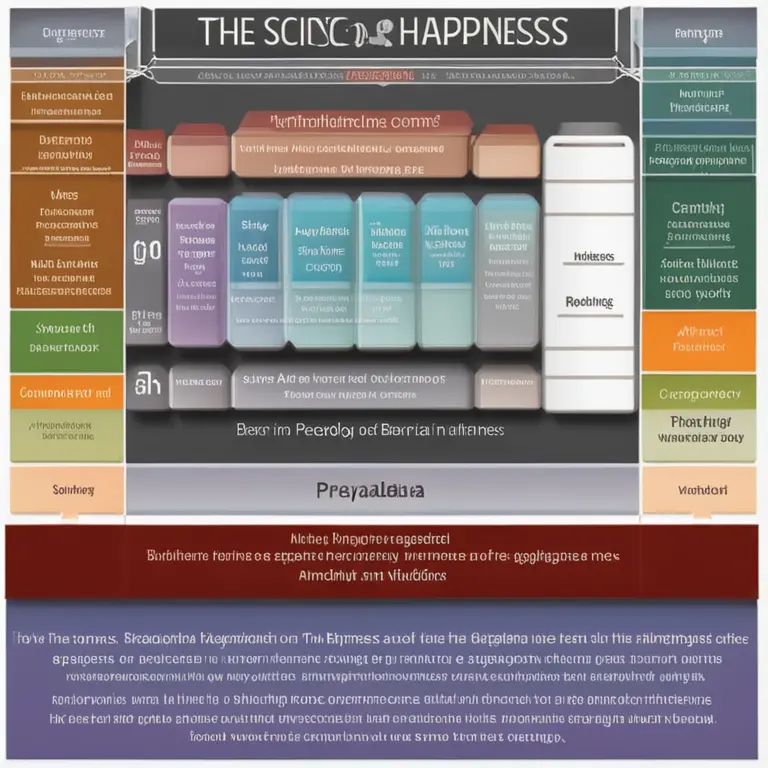
The Path to Contentment: Mindfulness Meditation for Joy
Discover how mindfulness meditation can enhance your happiness and overall well-being in this detailed guide to inner joy.
article by Hina Kurosawa
Mindfulness Basics
Mindfulness meditation is a practice rooted in ancient tradition, yet its applicability is more pertinent today than ever before. At its core, mindfulness is about being fully present, aware of where we are and what we’re doing without being overly reactive to what's going on around us. This seemingly simple act of paying attention offers a respite from the chaotic pace of modern life, granting calm and clarity. Integrating mindfulness into daily routines has been demonstrated to significantly elevate an individual's state of happiness.

The Science of Happiness
Beyond mere anecdote, the scientific community has shown keen interest in mindfulness' effects on happiness. Research in positive psychology and neuroscience has found that regular meditation alters brain structures involved in mood regulation, such as the prefrontal cortex and amygdala. These changes in brain architecture correspond with decreased anxiety and a heightened sense of peace, laying the foundation for a more sustained happiness.

Starting Your Practice
Embarking on the journey of mindfulness meditation begins with setting aside a few minutes each day. The beauty of the practice is its flexibility; it can be done anywhere, at any time. Begin by focusing on breathing and gently guide attention back to it when the mind wanders. With consistency, these sessions will become not just a habit but a sanctuary for mental rejuvenation.
Deepening Your Meditation
As practitioners progress, they may choose to deepen their meditation. Techniques such as body scans, mindful walking, or loving-kindness meditations can further enhance one's capacity for joy. Each method brings its own flavor to the practice, polishing the mind's ability to maintain focus and fostering a greater appreciation for the current moment.
Obstacles to Mindfulness
It's not uncommon to encounter obstacles when cultivating mindfulness. Distractions, restlessness, and doubt can cloud the practice. Recognizing these as natural occurrences and gently returning to the breath without judgment is key. Over time, such challenges diminish as the meditator's skill grows, leading to more prolonged periods of contentment.
Mindfulness and Lifestyle
The impact of mindfulness meditation extends beyond the cushion; it infiltrates every aspect of life. When done regularly, it can improve relationships, enhance creativity, and foster a sense of connection to the wider world. It's a habit that complements other modalities for well-being, such as a nutritious diet, regular exercise, and sufficient sleep.
Mindfulness into the Future
Looking toward the future, mindfulness is more than just a personal pursuit; it’s a societal necessity. In an increasingly complex world, the clarity and peace it offers are invaluable. With the rise of digital platforms offering guided meditations and mindfulness training, accessibility to the practice is greater than ever, promising a more mindful, happier, and connected global community.
Published: 1/18/2024
Modified: 1/18/2024
More predictions
Come back here soon to learn more about yourself and your future


Can Meditation Manage Depression?
Discover how meditation can contribute to managing depression, its potential benefits, and the connection between mindfulness and mental health.


Easing Pain With Mindfulness Meditation
Discover how meditation can be a powerful tool for pain management, offering natural relief and mind-body harmony.


Best Meditation Techniques for Brain Health
Discover effective meditation practices to enhance cognitive functions and maintain a healthy brain.